When you think of ecosystems, what comes to mind? Rainforests, coral reefs, thick woods full of life. What about the stuff beneath your feet? For too long we have dismissed what lies below as mere dirt and dead matter-this unknown and untapped universe is on the brink of extinction.
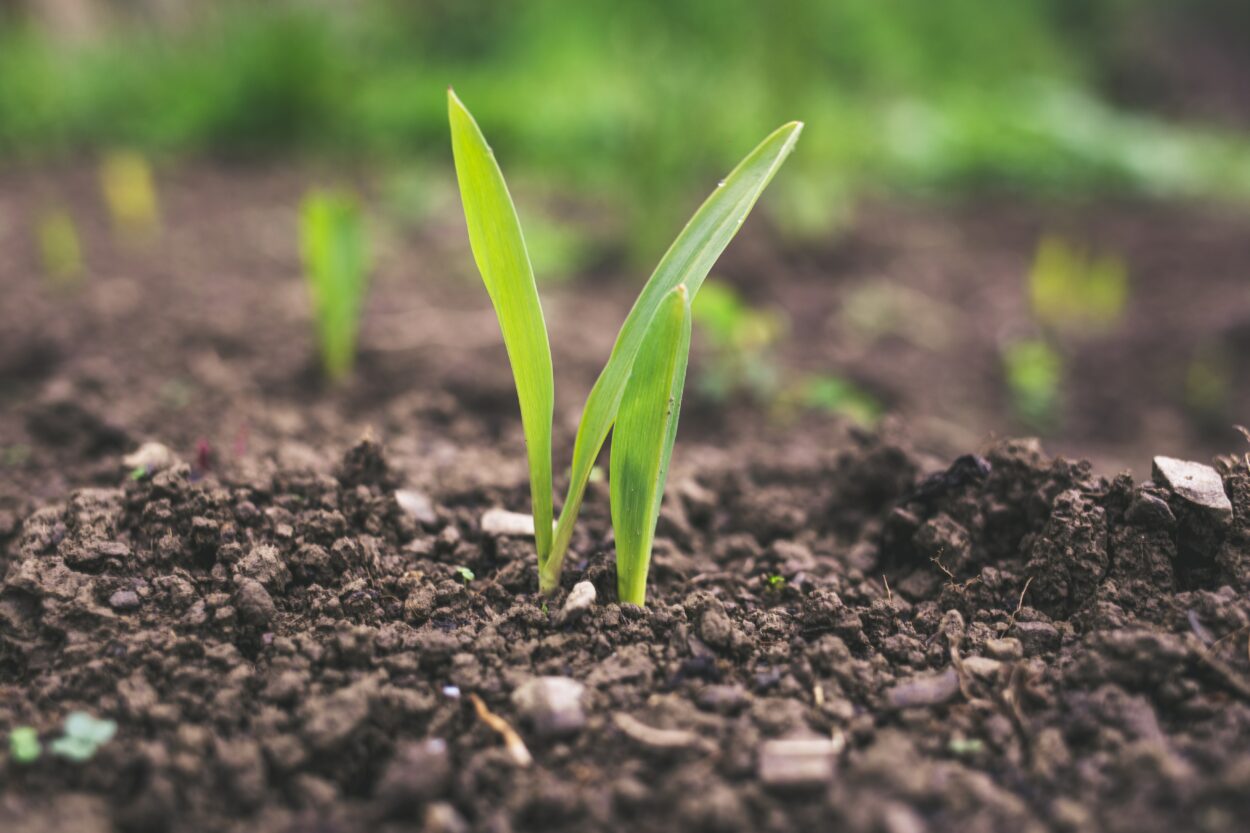
Soil isn’t Brown, it’s Green.
Typically we associate extinction with endangered animals and dinosaurs; in mainstream discourse around climate change it’s a term that people generally understand but don’t necessarily associate with OUR time because it’s a crisis that doesn’t immediately seem relevant. What we need to recognise though is that like the dinosaurs, soil is a living organism which is rapidly becoming more and more endangered through a process called desertification.
Organic content made up of plant residue and animal waste is being destroyed through practices of acute soil degradation and chemical interference and while companies can try to add it back in again, up to an acre of soil turns to sand every second. Soil becomes extinct and redundant when you turn it into sand. The difference between the two is that soil has properties and conditions that allow for life to not only exist but to grow. A quiet and unassuming universe, a teaspoon of soil can contain U.K. to 9 billion microorganisms and life-forms, the same stuff that makes up nearly 60 % of our bodies.
‘Bad’ soil has a multitude of drastic and grave consequences for all forms of life. Let’s start from ground level. If microorganisms and small bacteria aren’t able to grow, the foundations that build up earth’s ecosystems will start to break down and disappear. Furthermore, in order to be fertile, soil requires an organic content level of at least 3-6%. Not only does this bring problems for plants and wildlife, but also wreaks havoc for agriculture and cultivation. 95% of the food we eat comes directly from soil. Without it, not only would we no longer be able to grow fruit, veggies and grains but we would struggle to feed and house livestock. Studies have shown a huge depletion in the nutrients values of fruits and vegetables worldwide. We as a society are deficient in vitamins and minerals which we should be getting from food, but bad soil means lower crop yields and crops that are devoid of nourishment.
Agriculture isn’t the only problem either-desertification poses several very concerning environmental issues and the sooner we address the soil problem the sooner we could perhaps begin to understand and tackle bigger ecological problems. Seemingly out-of-control problems such as forest fires and water scarcity can be better understood and even prevented through soil research and conservation.
Right now, we are teetering on the edge but the soil fight is not yet lost. There is a resurgence among this generation of climate awareness and this same energy needs to be put back into the ground. Through more research and the initiation of policy change we can keep our soil green.
Kirsty Thompson, Communications Officer
cover image via Unsplashed

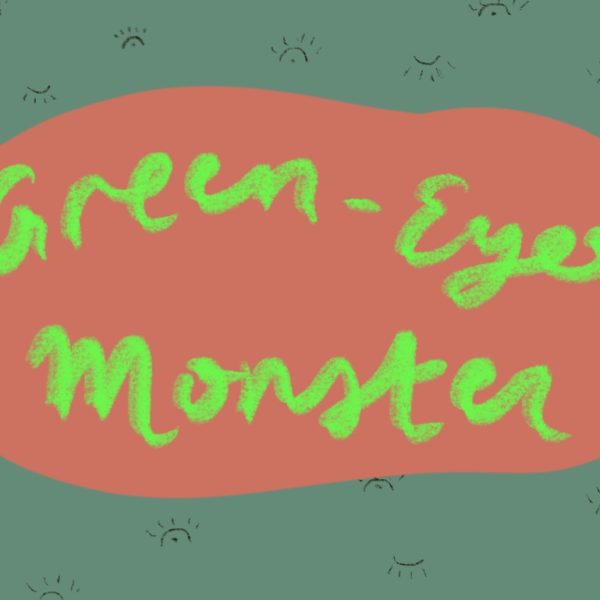
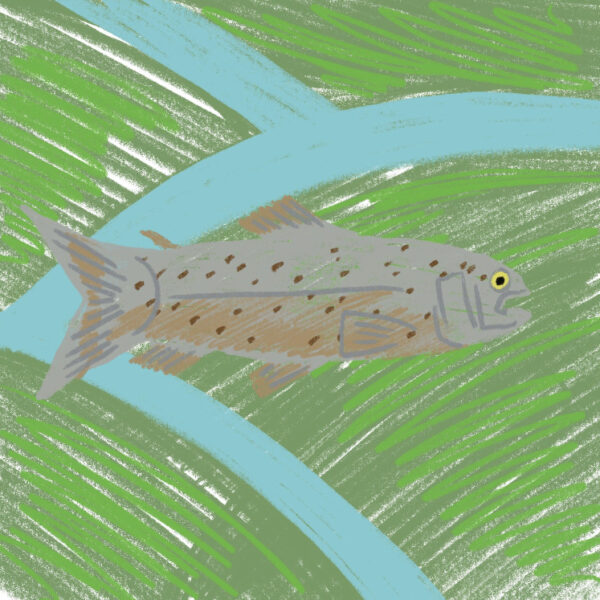

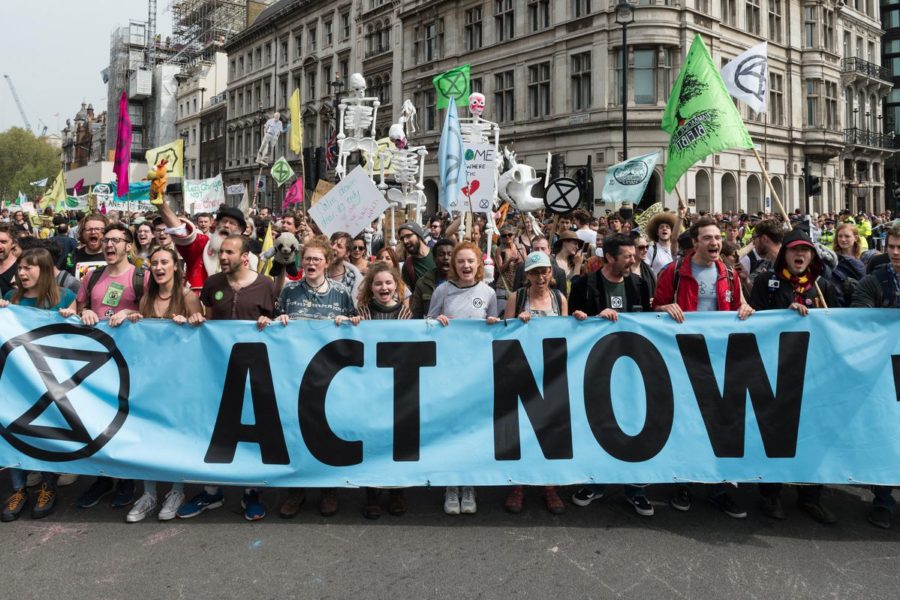
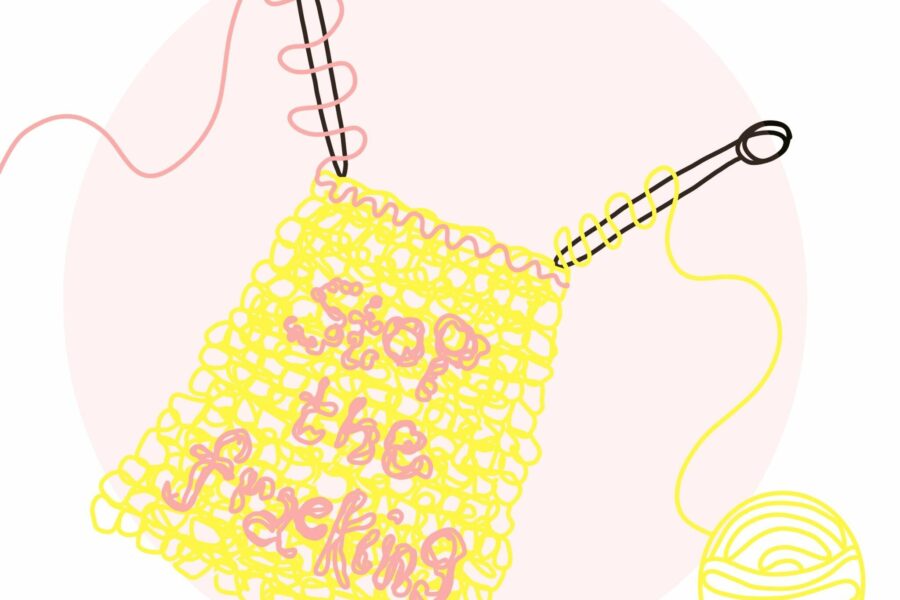
Leave a Comment